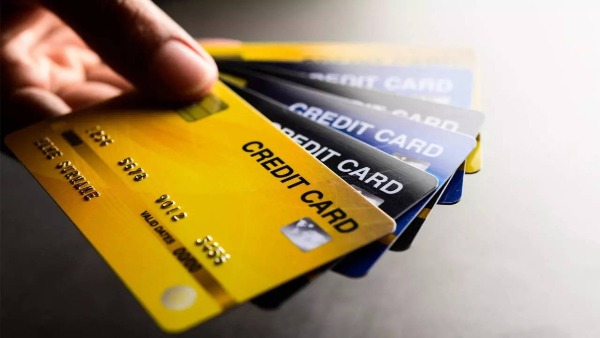Canceling a credit card can be a strategic financial decision, but it's crucial to understand how it affects your credit score. While there are valid reasons to close a credit card, such as eliminating high fees or controlling spending, the impact on your credit score should be carefully considered.
Key Highlights:
Credit Utilization Ratio: Paying off a credit card decreases your total amount of available credit, which can raise your credit utilization ratio if you carry charges on other cards. This ratio is a major component of how credit scores are calculated, with an ideal utilization ratio at below 30%.
Average Age of Accounts: Closing a credit card account, particularly your oldest account, can reduce your credit history. A longer credit history tends to result in a more favorable credit score, as it represents 15% of your FICO score.
Credit Mix: Closing a credit card could decrease the mix of credit you have, which contributes 10% to your credit score. That effect will be small in most cases unless you have a few credit accounts.
Reasons to Cancel: High annual fees, high interest charges, and the necessity of debt management are most regular reasons to cancel a credit card. If advantages are not greater than disadvantages, closing the card can be useful.
Steps to Cancel Safely: Prior to cancellation, redeem rewards, settle the balance, discontinue auto-payments, and ensure closure in writing. Watch your credit report after cancellation to ascertain proper reporting.
Alternatives to Closing: If you're considering closing a card due to inactivity, you might want to keep it open to maintain a longer credit history. Unused credit cards can help lower your credit utilization ratio and support a healthier credit score.
Understanding the Impact on Your Credit Score
Your credit score is based on a variety of factors such as payment history, credit usage, credit history length, and credit mix. Closing a credit card can have the following effects on these factors:
Payment History: Closing a credit card doesn't remove the payment history that belongs to this account. Good payment records will be reflected in your credit report for up to 10 years, whereas negative information such as late payments will be reflected for seven years.
Credit Utilization: Perhaps the most short-term effect of closing a credit card is your credit utilization rate will rise on other cards in your possession with balances, perhaps negatively affecting your credit score.
Length of Credit History: Closing an existing account can drop the average account age, affecting your credit score negatively. Do not close the oldest accounts when possible.
Credit Mix: Closing one credit card won't necessarily affect your credit mix much, but keeping a variety of credit types (e.g., credit cards, loans, mortgages) is healthy for your credit score.
When to Cancel a Credit Card
Although closing a credit card hurts your credit score, there are some situations when it is worthwhile:
High Annual Fees: If the annual fee outweighs the advantage, think of switching to a no-fee option.
High Interest Rates: Closing a high-interest-rate card can prevent racking up debt.
Debt Management: If a credit card encourages you to overspend, closing it could be a smart move.
Steps to Minimize Negative Impact
To make sure that cancellation happens smoothly with the least effect on your credit score:
Redeem Rewards: Redeem any rewards built up prior to closing the account.
Pay Off Balances: Pay off any balance to eliminate interest charges.
Cancel Auto-Payments: Modify recurring payments to prevent payment misses.
Confirm Closure: Make a written confirmation request from the issuer.
Monitor Credit Reports: Review your credit reports to make sure they're reported correctly post-cancellation.
Closing a credit card can be a tactical decision if done carefully. Knowing the possible effects on your credit score and taking the proper steps, you can reduce adverse effects and have a healthy financial record.
Source: Investopedia, Business Standard, Experian.
